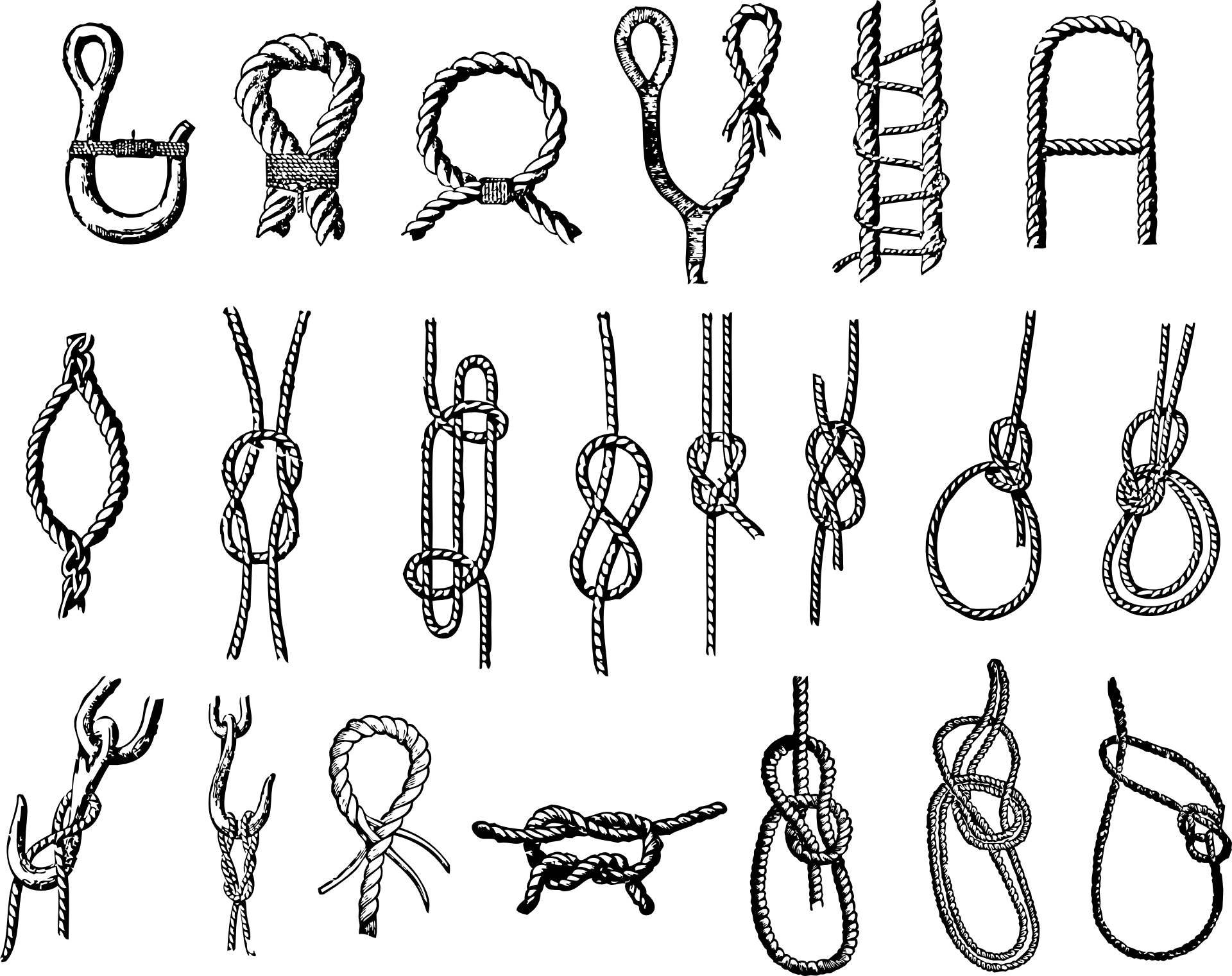Tie it Up: Beta Reader Comments on Your Ending
Duh duh duh . . . oh, the nail-biting of waiting for your readers to tell you what they thought of your ending. Here's what's tough about endings: they can't be too neat, or too messy, too out-of-nowhere or too absolutely predictable. Depending on your genre, there are standards of convention for the type of resolution you want, and if you're writing a series, oh boy--you have a completely new set of considerations!
HOWEVER. We're nearing our 45th manuscript, and we've learned some rules of thumb that should help you navigate the treacherous coasts of your final literary shore.
1. Sub-plots: if you have a lot of them, you *must* tie some up before the final 25% of the story.
If you're writing in a plot-driven genre such as Action, Thriller, Mystery, etc, or if you're writing any story with a complicated plot, you'll need a plan of action for when to resolve each plot line. Necessarily, plot lines that tie into the finale or grand reveal must be resolved together, but you can space out each of their denouements after the finale so that readers don't feel rushed. Are there any sub-plots that could be resolved earlier, between the 65-70% point of your story? Especially if you're supporting characters have their own sub-plots, it can be a good choice to resolve some of these a bit earlier to give your readers as much headspace as possible for the most important resolution. Readers hate a rushed ending that gives them no time to savor.
2. If your story is fated to end in one way, it's all about the execution.
Chances are, even the most predictable endings leave room to delight readers with a little surprise. We see this particularly often in Romance and Action. If the Hero is destined to Catch the Bad Guys, make sure you've gone through at least five iterations of exactly how he catches them. Your first thought will be everyone else's first thought, so work in an elegant twist and a flare. Likewise in Romance, before the Heroine and Hero end up together, are there any last unexpected little wrenches you can throw in their path? OR, as in Action, have you mapped out at least five little elegant scenarios that bring them finally together and as a bonus, include a callback to an early point in their relationship? In Literary Fiction and Memoir, endings are about insights and the craft. Your writing should dazzle and arrest readers, which can mean months and months of massaging the prose, with breaks in between, to get it right. Spend that time. Readers can love 75% of your book but they'll never recommend it if they don't love the ending.
3. "I'm writing a series" is no excuse for a cliff-hanger ending.
Don't do it. Don't make your readers throw your book at the wall. Even if your book is the first in a series, you owe the reader the satisfaction of resolving your primary conflict. That's all they ask, and it's not much, because you're still open to leave a sub-plot unresolved and make that the major conflict in Book 2. Our readers have shown the least patience for cliffhangers over anything else.
4. Make a little mess.
Literary fiction endings are often messy because life is messy. We've found that readers want a little mess in other genres too, believe it or not. If everyone is absolutely happy and all loose ends are perfectly tied up, your story risks feeling inauthentic. For example, in Romance or Comedy, in which happy endings rightfully abound, the mess may come from the introduction of a new ordeal we imagine the couple facing together. The thought of that chaos is actually part of the happy ending, is the author allowing us to extend her fictional universe into an eternity. In Action and Mystery, especially when the protagonist is an anti-hero, the anti-hero may resolve the external conflict, but the ending should still harken back to a persistent internal conflict. Make sense? Then get back to making messes, dear writer.



